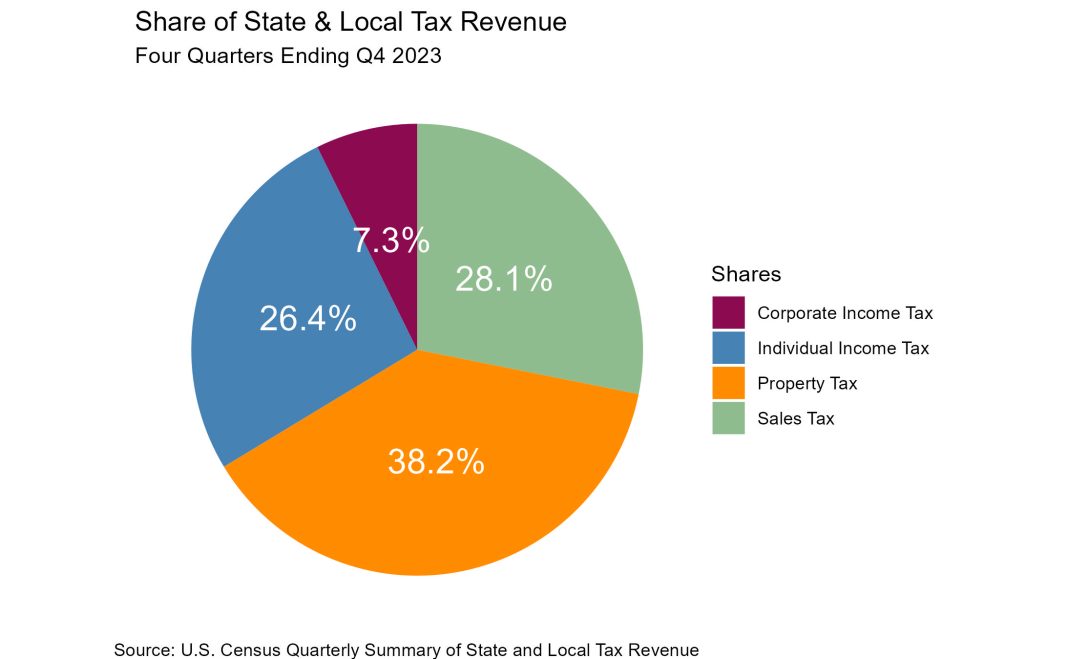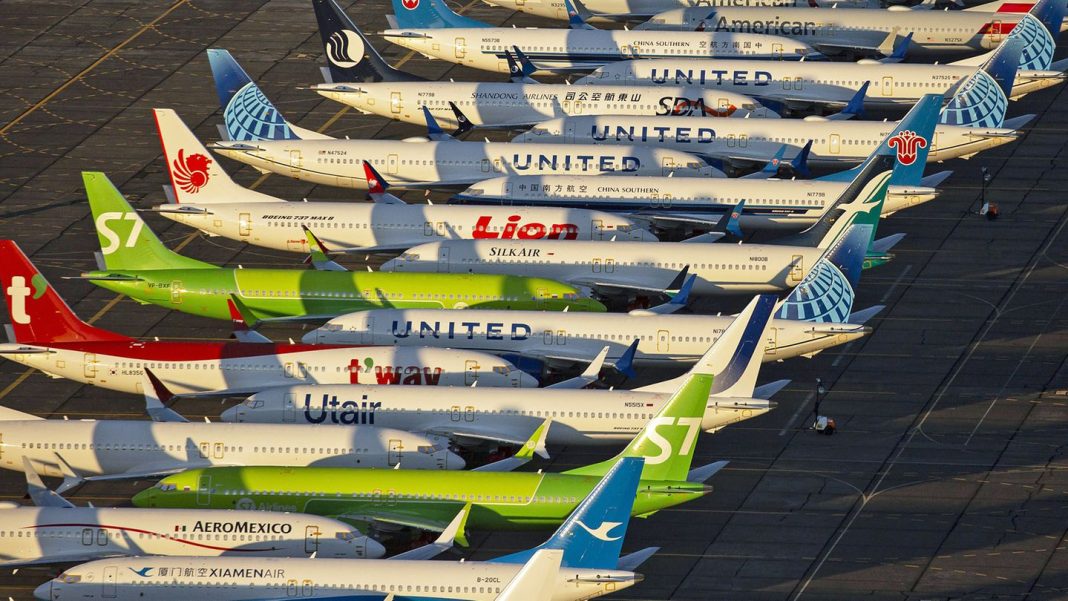 Addressing the Group of Seven, Pope Francis emphasized the importance of prioritizing human dignity in the development and use of artificial intelligence (AI). As the first pope to attend the G7, he offered an ethical perspective on AI, an issue that has gained significant attention in international summits, government policies, and corporate discussions. Francis argued that politicians must lead the effort to ensure that AI remains human-centric. He warned against taking away people’s ability to make decisions about themselves by relying solely on machines. According to him, human control over AI programs is crucial for maintaining human dignity.
Addressing the Group of Seven, Pope Francis emphasized the importance of prioritizing human dignity in the development and use of artificial intelligence (AI). As the first pope to attend the G7, he offered an ethical perspective on AI, an issue that has gained significant attention in international summits, government policies, and corporate discussions. Francis argued that politicians must lead the effort to ensure that AI remains human-centric. He warned against taking away people’s ability to make decisions about themselves by relying solely on machines. According to him, human control over AI programs is crucial for maintaining human dignity.
The G7 leaders echoed Francis’ concerns in their final statement, pledging to coordinate governance and regulatory frameworks surrounding AI to keep it “human-centered.” They acknowledged the potential impact of AI on labor markets and the justice system and emphasized the need to manage risks while maximizing benefits. By attending the summit, Francis joined a growing chorus of countries and global bodies advocating for stronger regulations on AI.
In his annual peace message, the pope called for an international treaty to ensure the ethical development and use of AI. He argued that AI without human values such as compassion, mercy, morality, and forgiveness could be dangerous if left unchecked. Although he didn’t explicitly repeat this call in his speech at the G7, he emphasized that politicians have a responsibility to lead on this issue. Additionally, Francis urged the leaders to ban the use of lethal autonomous weapons, also known as “killer robots,” asserting that no machine should have the power to take a human life.
The G7 leaders acknowledged the impact of AI in the military domain and expressed the need for responsible development and use. They encouraged states to ensure that military applications of AI comply with international law, particularly international humanitarian law, and enhance international security.
Italian Premier Giorgia Meloni invited Pope Francis to the summit, recognizing the potential impact of his moral authority. The presence of the pope generated a sense of awe among the attendees. John Kirton, a political scientist at the University of Toronto, compared this summit to the 2005 meeting in Gleneagles, Scotland, which led to significant action in eradicating the debts owed by poor countries. Kirton highlighted the pope’s ability to create momentum for change.
Francis emphasized that discussions about technology are ultimately discussions about what it means to be human and the ethical responsibilities that come with it. He drew attention to the concerns surrounding generative AI, which has impressed the world with its capabilities but also raised fears about safety and ethical implications. These concerns include potential risks to humanity, algorithmic bias, job displacement, bioweapons, disinformation, discrimination, and distortion. The pope urged AI development to prioritize fundamental human rights, peace promotion, and protection against disinformation and discrimination.
The G7 members have been actively engaged in the debate on AI oversight and regulation. Japan launched the Hiroshima AI process to establish international guiding principles and a code of conduct for AI developers. Prime Minister Fumio Kishida unveiled a framework for global regulation of generative AI. The European Union has introduced the AI Act, which will come into effect over the next two years and could serve as a global model. President Joe Biden issued an executive order on AI safeguards in the United States, while individual states like California and Colorado have attempted to pass their own AI bills. Britain initiated a global dialogue on reining in the extreme dangers of AI, with France hosting a follow-up meeting next year. The United Nations has also issued its first resolution on AI.
In conclusion, Pope Francis’s presence at the G7 summit added moral authority to discussions on AI. His emphasis on human dignity, ethical considerations, and the need for human control over AI resonated with the leaders. The G7 statement reflected his concerns and highlighted the importance of coordinating governance and regulatory frameworks. Countries and global bodies have been actively working towards stronger regulations and safeguards for AI, recognizing the potential risks and benefits associated with this transformative technology.


